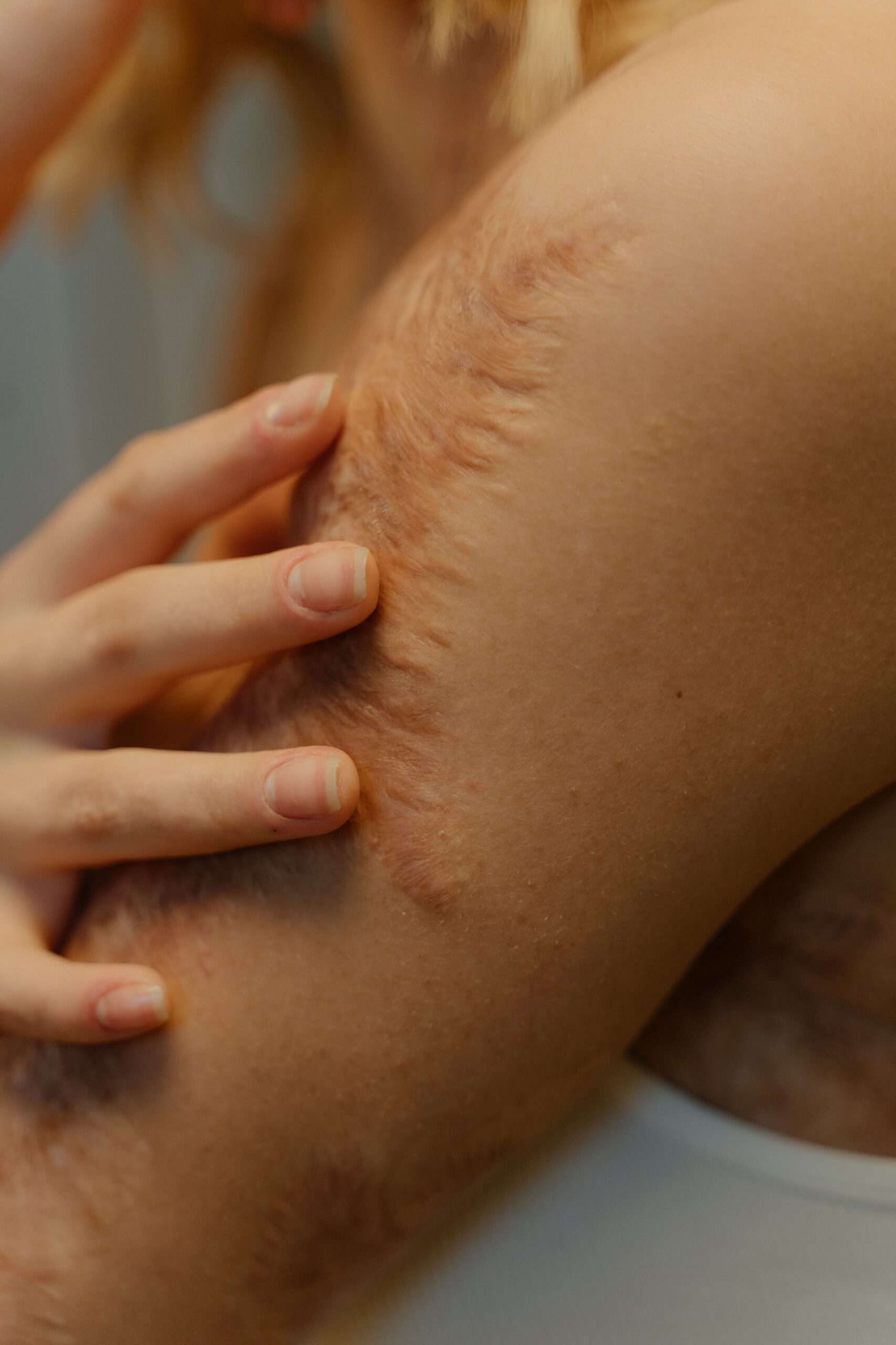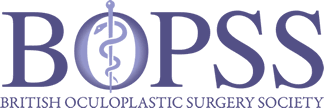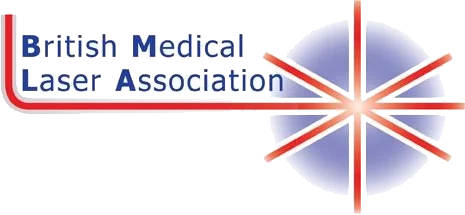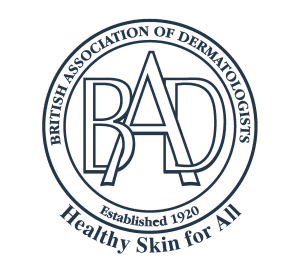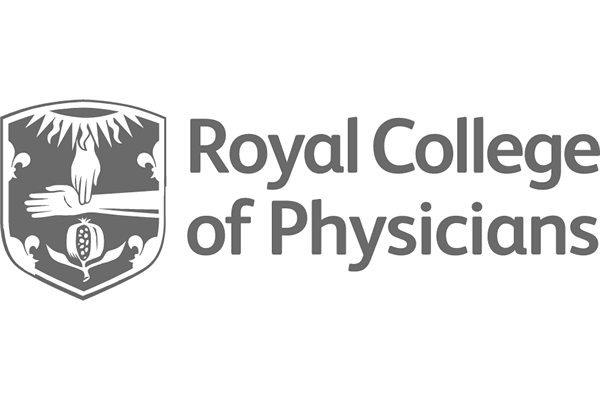"You have changed my life!"
Our physiotherapist will thoroughly assess your scar; the assessment is the cornerstone of understanding your scar, the treatment options and what improvements we can expect over time and with treatment.
Scar management offered by our physiotherapist is non-invasive; it will involve advice, education and mobilisation of the scar/body.
Scar management may be beneficial after having another procedures at 152 e.g. scar revision. Or if you start with physiotherapy, the input of another team member may also be needed; our diverse and expert team works together to offer the latest and best treatments for your scar.
Sometimes all that is needed is one assessment with the physiotherapist which involves giving you advice, education and shows you how to manage your scar. Other times you will need a series of treatments.
We can help you understand the results that you can expect and how long this may take based on the type of scar you have, how the scar looks, what treatments are possible and what you want.

